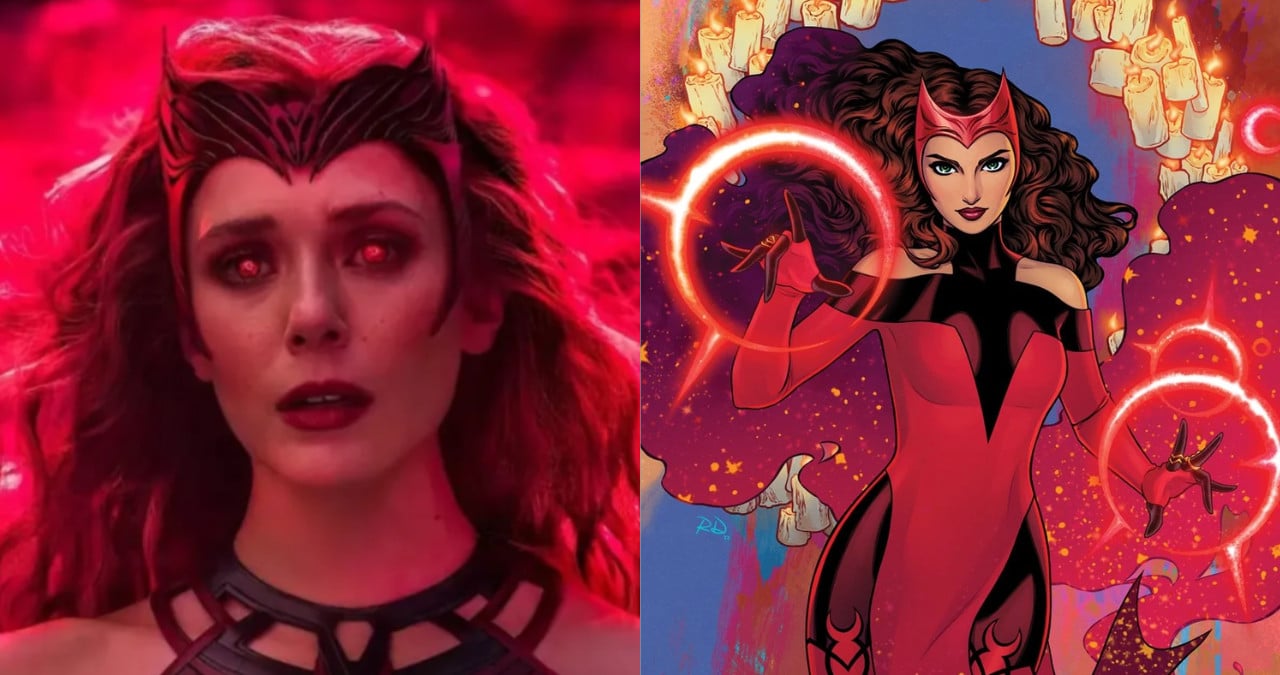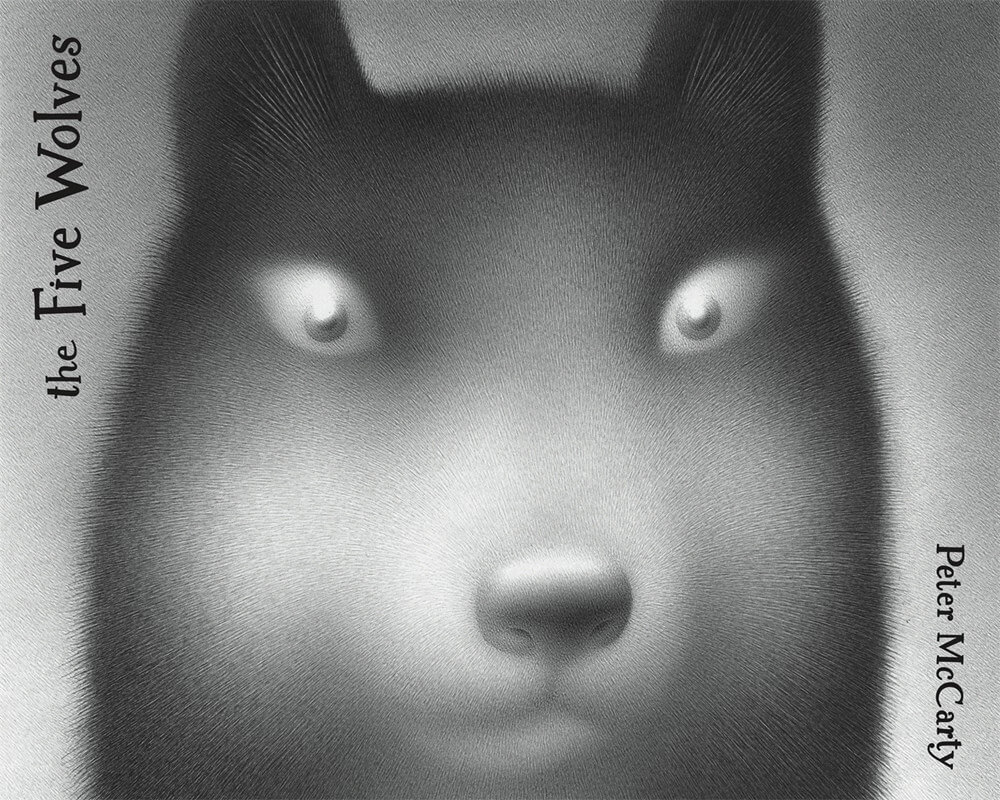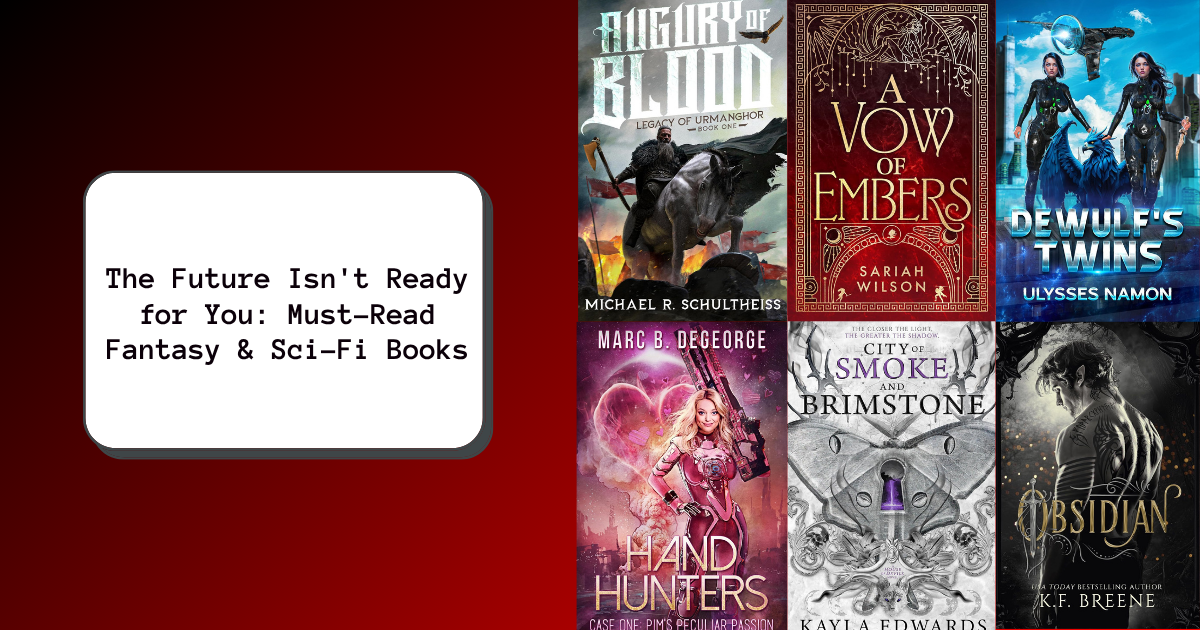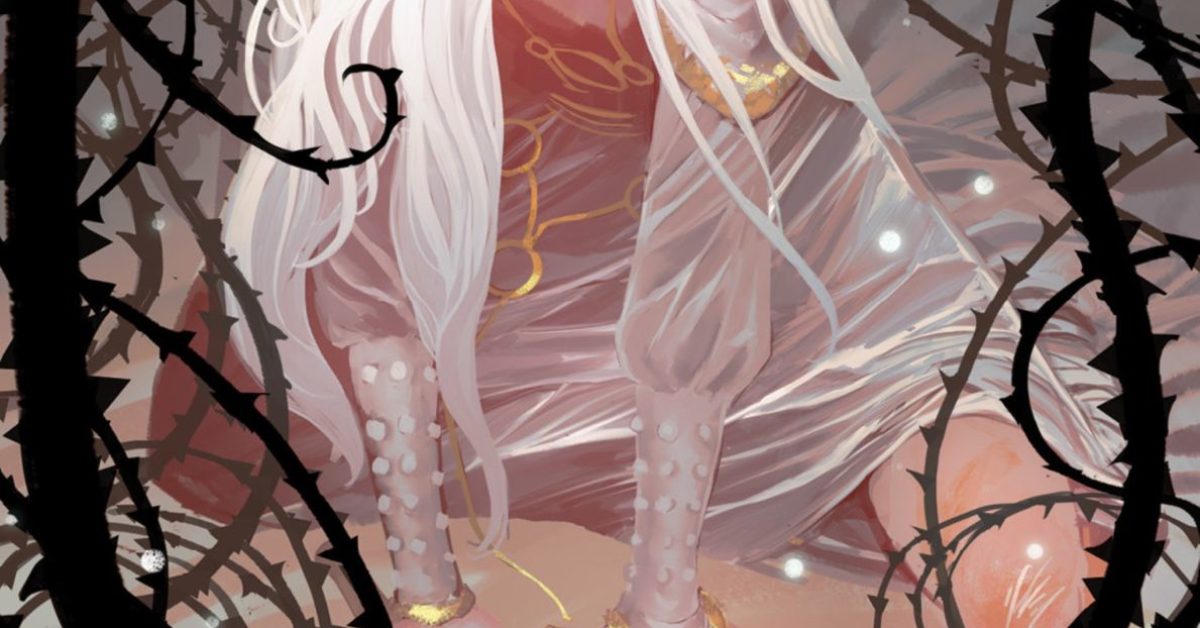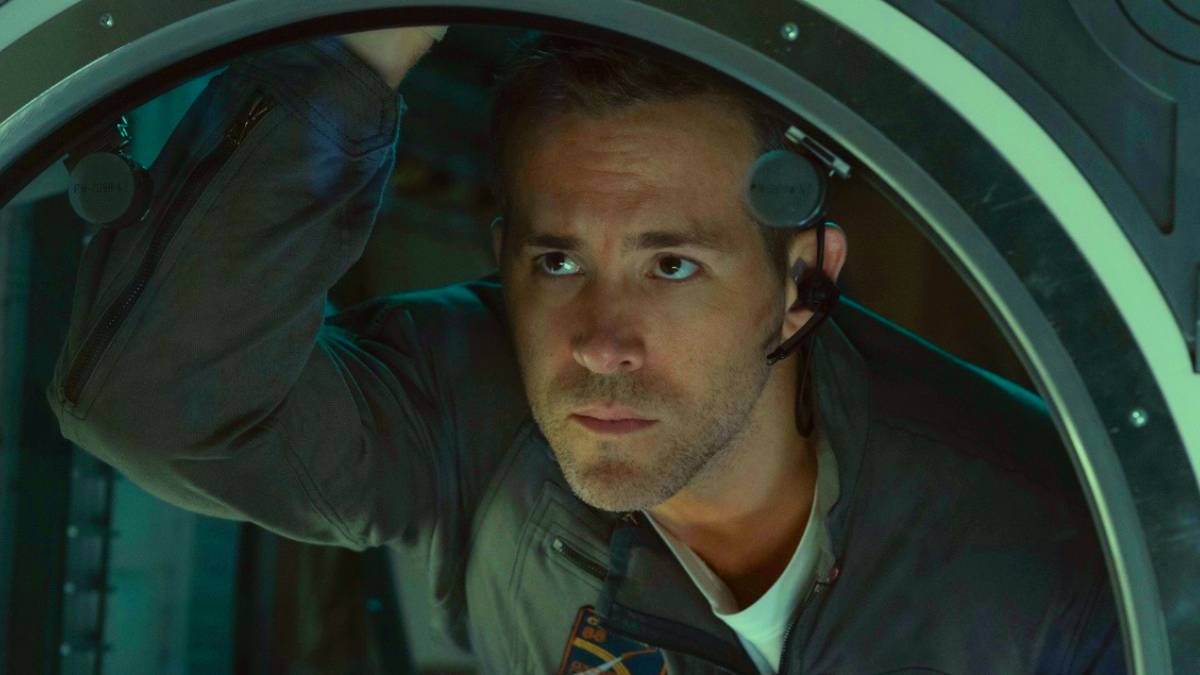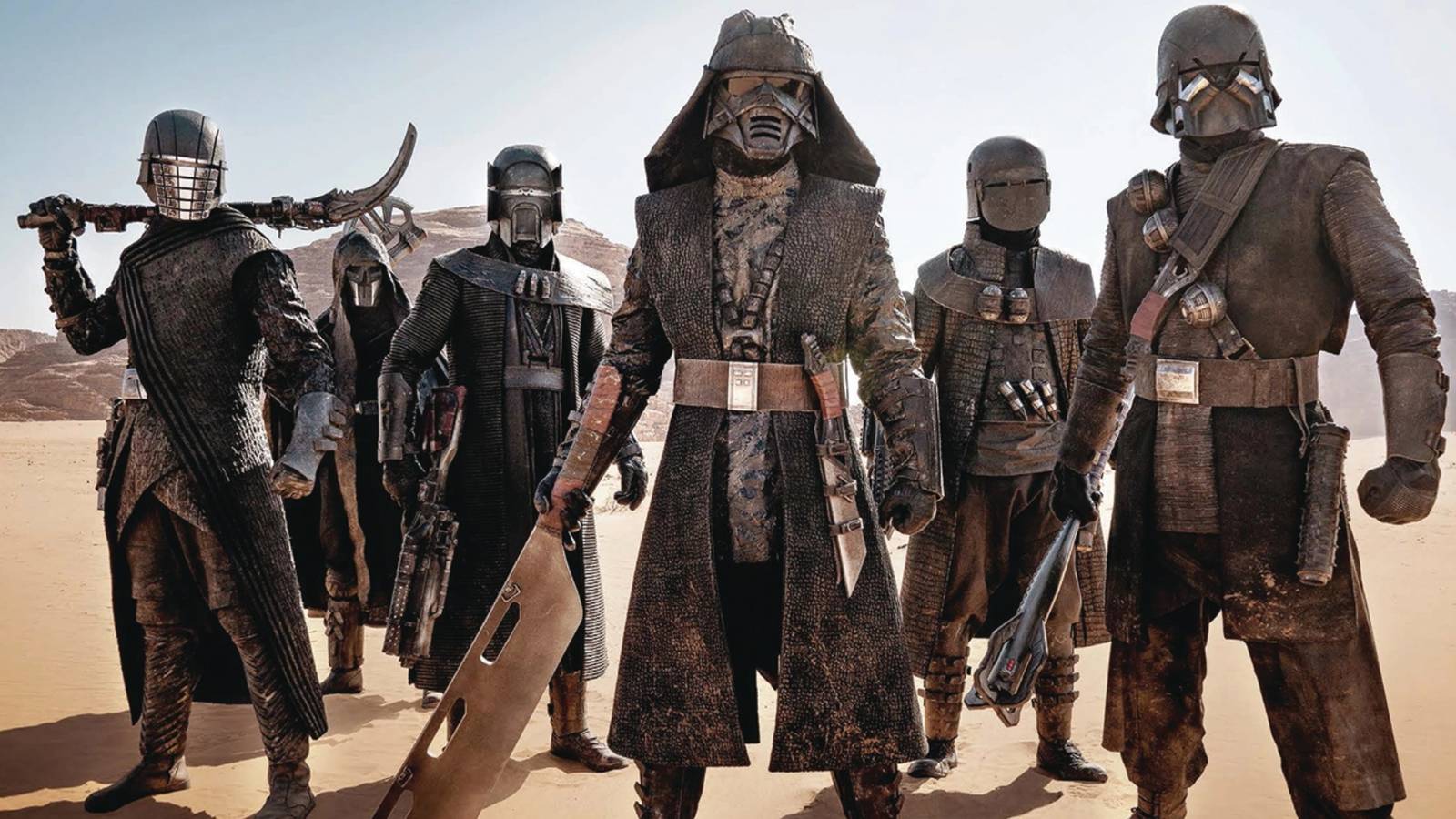Thrillers, whether of the action or psychological varieties, typically rely on plot turns to power the drama. There’s nothing wrong with that, but it’s always a welcome surprise when a film can build those thrills as much through character as it does through those story beats. Caddo Lake, a new Max Original Film premiering this week, is one of those rare thrillers that raises your pulse and breaks your heart on the strength of its lead characters and performances. Yes, there are some engaging reveals here, but it’s the effect they have on these people that will hold you tight until the end credits roll.
Caddo Lake sprawls across the border between Louisiana and Texas, a collection of swamplands, wildlife, and whispered legends. People pass through every day, but they don’t always return. Paris (Dylan O’Brien) is a young man struggling to move forward after the recent death of his mother who died from a supposed seizure right in front of his eyes. He believes something more was at play, something that has less to do with a medical condition and more to do with the uneasy waters of Caddo Lake. Ellie (Eliza Scanlen) has parental issues of her own including questions about an absentee father who disappeared when she was just a baby and an untenable friction with her mother (Lauren Ambrose) and stepdad (Eric Lange). That conflict only worsens when her young stepsister Anna goes missing on the lake.
Co-directors/co-writers Logan George and Celine Held have created something special with Caddo Lake, a suspenseful and sad thriller built not on action beats but on the beating of your heart. Sounds cheesy, but it’s true. We get caught up in two people’s lives, people desperate for answers and understanding as to why their loved ones left/died, and we can’t help but care about the weight of those unanswered questions. The script weaves the two strands together with such precision that it begins to feel like an emotional puzzle box, one that our minds race to solve not just for our satisfaction, but to ease the pain felt by Paris and Ellie.
It’s a beautiful place for a film to put you in, to have you feeling almost a part of the tale, an extra brain trying to connect dots and rearrange pieces until a resolution comes clear. Even better, it’s a role that eases its way up on you as we meet characters, see their relationships, and immerse ourselves in lives that are rarely what they themselves envisioned. There’s a sadness running through the film as people face loss and grief, and it’s a feeling as ubiquitous as the water that surrounds their every move.
Everyone here, both behind and in front of the camera, is doing excellent work, but Caddo Lake lives and breathes with O’Brien and Scanlen. Both actors invest their characters with such heart and yearning that you’re invested in their plight even before the “plot” kicks in and turns up the intensity. He’s lost his anchor in life after his mother’s death, she feels adrift and abandoned by a father she never knew, and their search for answers puts them on a collision that’s as thrilling a ride as you’re likely to see this year. Well, with some reservations.
As mentioned above, these thrills don’t involve big action or f/x set-pieces or faceoffs between good guys and bad guys. This is a film filled with quiet moments where expressions carry hope and pain, where slight onscreen shifts reveal truths that aren’t explained aloud — watch this with your eyes half on your phone, and it probably won’t work for you at all. Give it your attention, though, and you’ll be enamored by a puzzle box built on human connections. You’ll be ahead of the film on some reveals and well behind on others (I guarantee it), but all of them work together to form a film that’s less about a final “aha!” moment and more about the closure it brings.
Caddo Lake is a thriller, yes, but those electric moments arrive on the back of a richly affecting character drama. It’s beautifully shot on-location (by cinematographer Lowell A. Meyer) with a natural environment oozing a deceptive serenity, David Baloche‘s score captures the emotional tone without dictating it, and the final minutes take you by the hand — not to explain away every little question, but to comfort and console with the truth that knowing the answer doesn’t necessarily end the pain.





